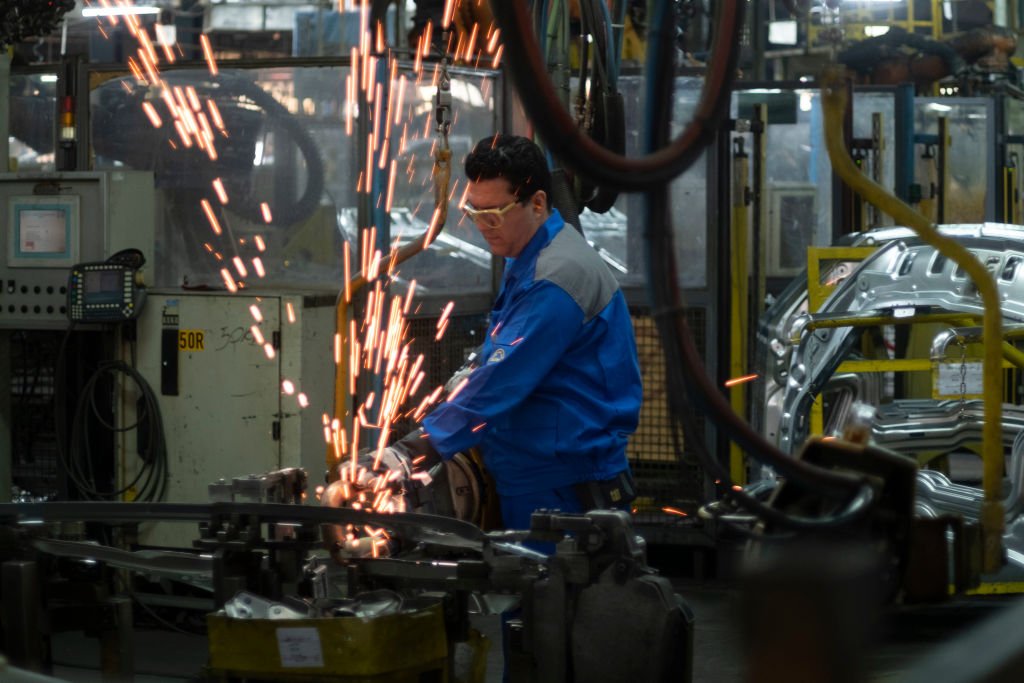Whatever we want to achieve in the coming decades in terms of strengthening the welfare state or increasing purchasing power must come from stronger productivity growth. But this very engine of our prosperity growth has stalled. The astonishing growth in productivity must be the main concern of our governments.
Basically, prosperity in an economy is determined by two factors: how many people work there, and how much output each worker generates on average. The latter is the productivity per worker. All sorts of things, such as the welfare state, education, health care, housing… are ultimately made possible by the combination of the number of workers and their productivity. In the past, both factors played an important role in our growth and prosperity. For example, they have contributed about 50-50 times over the past 25 years to an increase in economic activity. However, this picture will change structurally in the coming decades. Due to the demographic shift, the possibility of getting more people to work will drop sharply. The Bureau of Planning estimates that 90% of our prosperity growth in the next 50 years should come from increased productivity.
Stagnating productivity growth
So the importance of productivity growth as an engine of our prosperity is enormous. And just now that engine has almost stalled. Productivity growth has been slowing in almost all industrialized countries for decades, but the numbers over the past 15 years are quite alarming. These productivity figures may have been distorted by recent crises. For example, it is not yet clear the full impact of the Corona crisis on productivity growth. It remains to be seen how structurally increased homework will ultimately affect productivity. However, if we do not significantly boost productivity growth, things will not look good for increasing our prosperity, which is essential, among other things, to dealing with population aging and further strengthening our welfare state, in the coming decades. Aside from more obvious challenges like budgeting or hiring more people, faltering productivity growth should be the primary concern of our governments. Reversing this trend requires, among other things, more efforts to enhance the quality of education, more productivity-enhancing government investment, a more growth-friendly tax system, and a greater focus on innovation.
Digitization
Perhaps digitization will provide our productivity growth in the coming years. Digital acceleration, especially thanks to artificial intelligence, holds huge potential in this field. But this will not happen automatically either. Belgium is certainly not at the forefront of digitization and does not seem ready to change that in the coming years. We urgently need a serious productivity agenda, with a central role for digitization. Otherwise, there is a risk that there will be no significant growth in prosperity in the coming decades.
Bart van Krenst is chief economist at Foca and author of Back to the Facts

“Total coffee specialist. Hardcore reader. Incurable music scholar. Web guru. Freelance troublemaker. Problem solver. Travel trailblazer.”







More Stories
Bitcoin price rises after new jobs data from US
European stock markets open higher | beursduivel.be
Russia’s oil imports to China decline